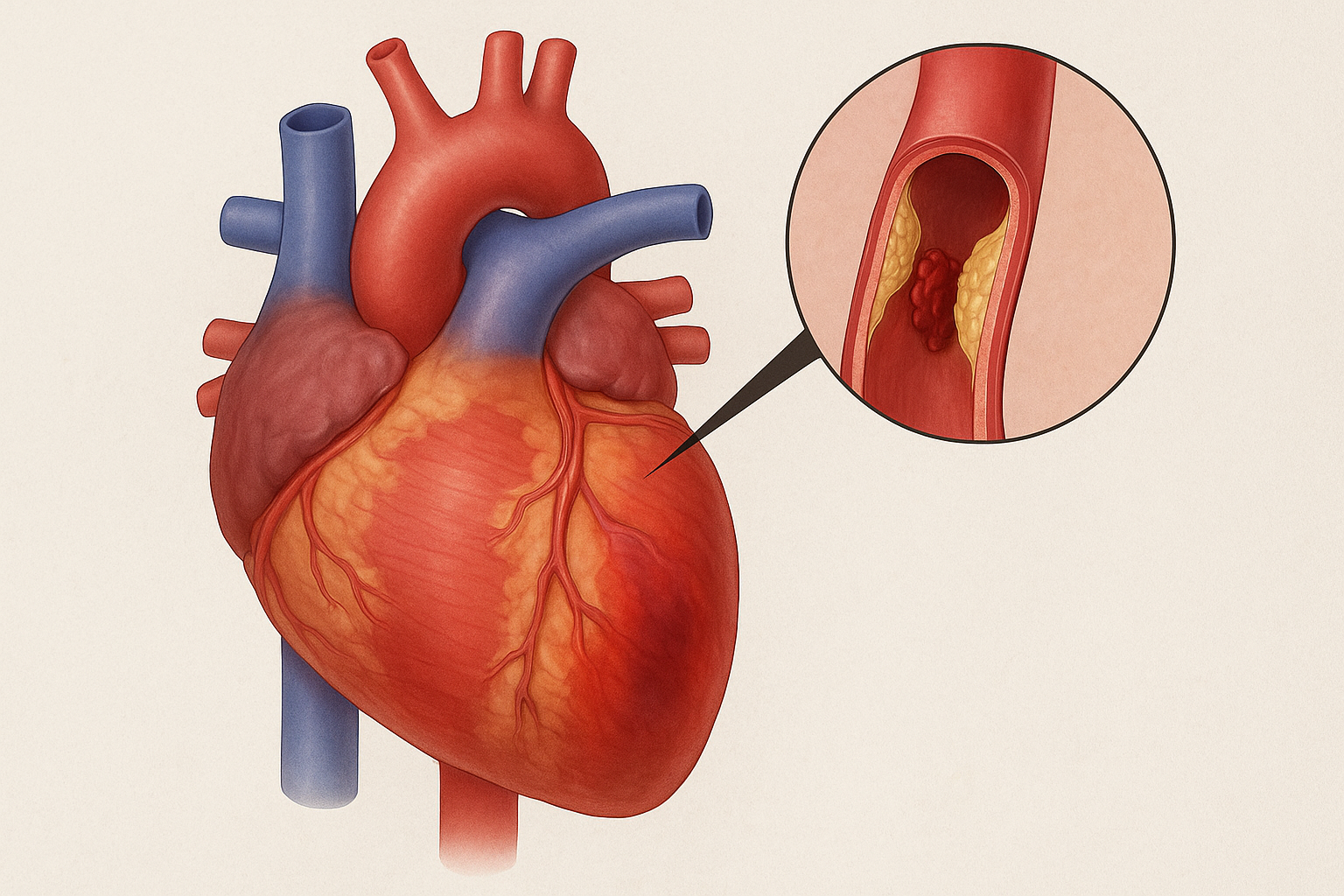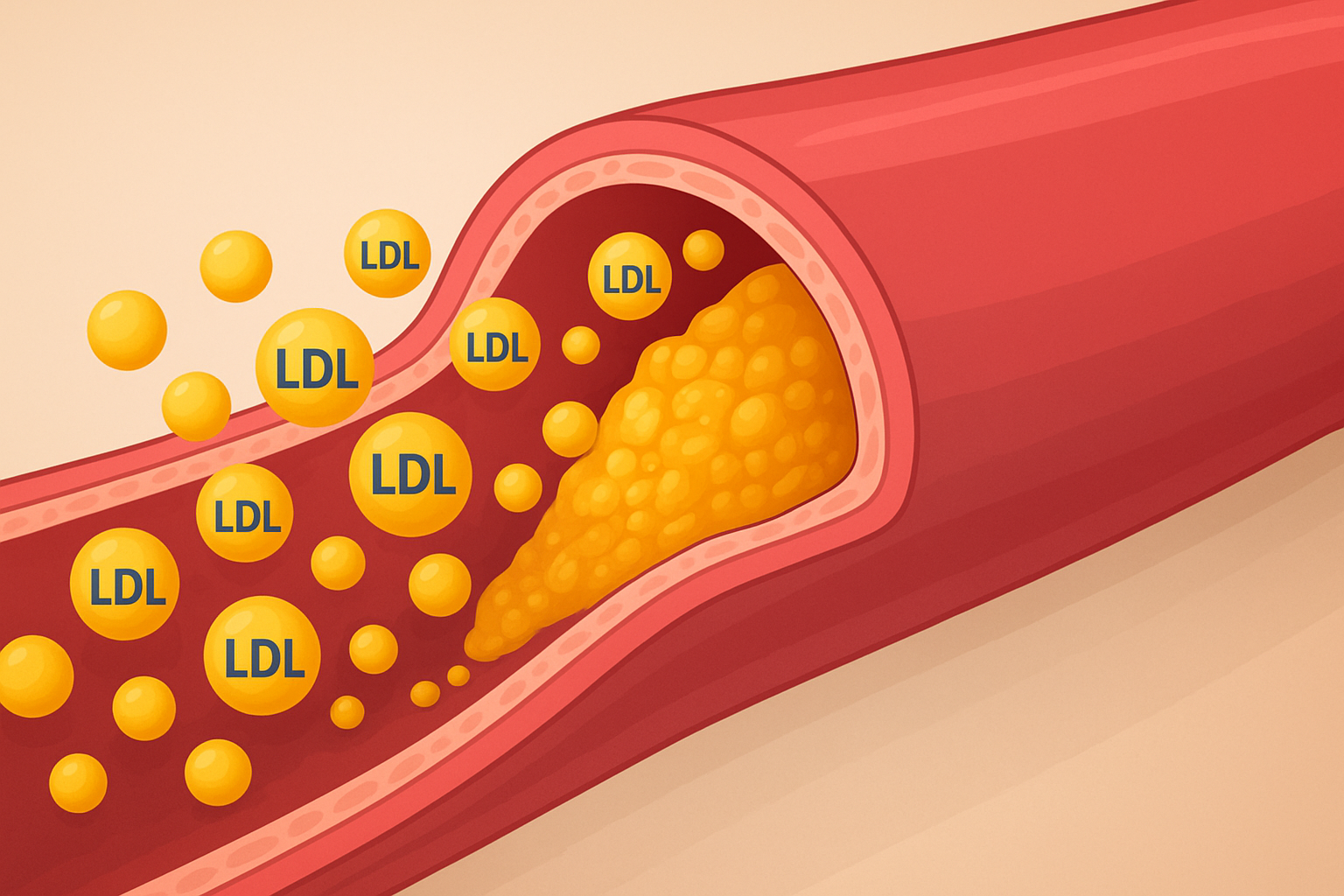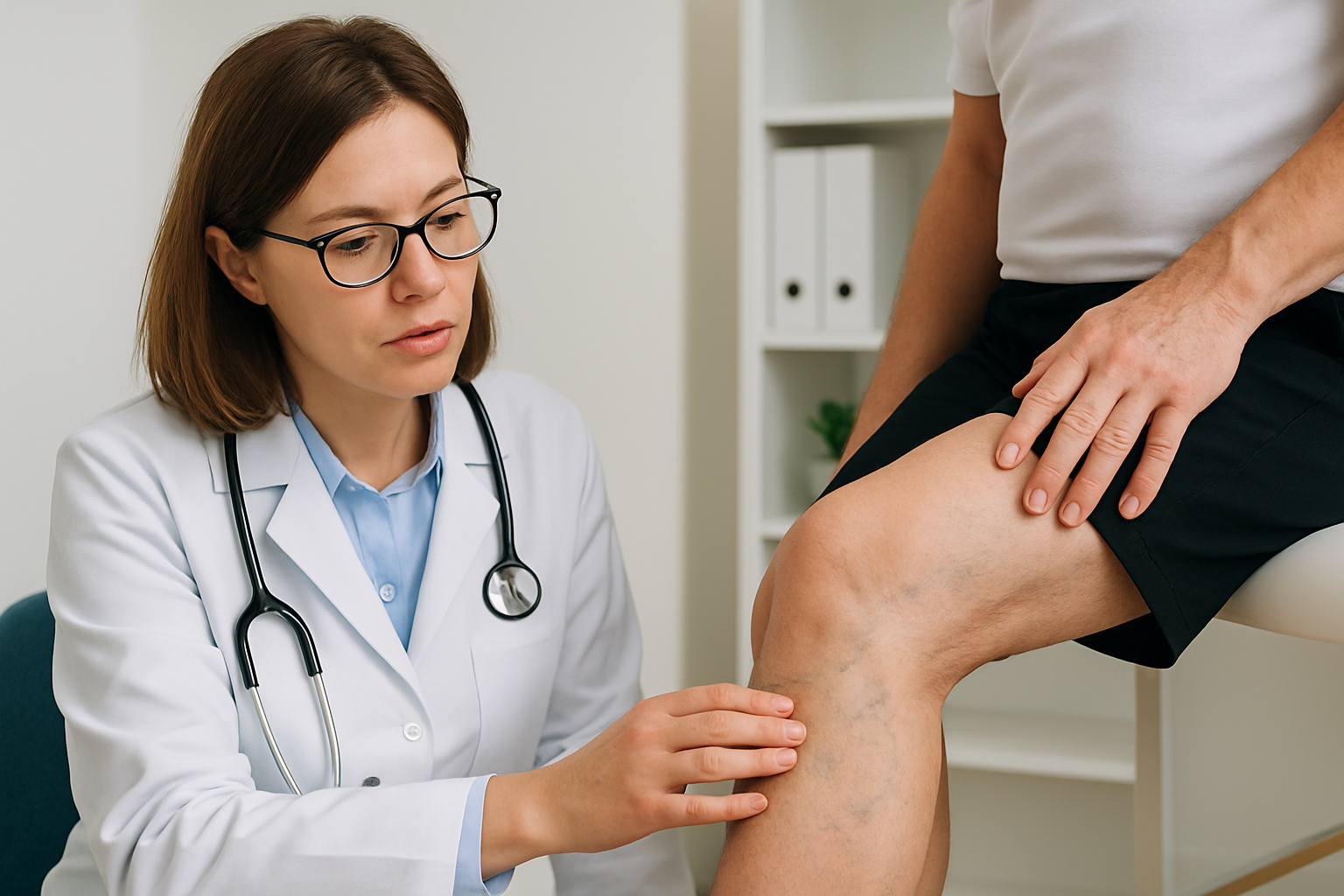Hypertension, commonly known as high blood pressure, is often called the silent killer—and for good reason. It quietly damages your body for years before symptoms become obvious, and by then, it may be too late. According to the World Health Organization, more than 1.2 billion people worldwide suffer from hypertension, many of whom don’t even know they have it.
In this blog, we’ll break down what hypertension is, why it matters, how it affects your health, and most importantly—how you can take control of it.
What Is Hypertension?
Hypertension occurs when the force of the blood against the walls of your arteries is consistently too high. Blood pressure is measured using two numbers:
- Systolic pressure: the pressure when your heart beats.
- Diastolic pressure: the pressure when your heart is resting between beats.
A normal reading is around 120/80 mmHg. If your numbers consistently read 130/80 mmHg or higher, you’re in the hypertension zone.
Why Hypertension Is Dangerous
What makes hypertension so dangerous is that it often has no warning signs or symptoms. Over time, uncontrolled high blood pressure can lead to:
- Heart disease
- Stroke
- Kidney failure
- Vision loss
- Sexual dysfunction
Think of your arteries like plumbing pipes. High pressure over time causes them to stiffen, clog, or burst—leading to life-threatening complications.
Who Is at Risk?
Anyone can develop high blood pressure, but the risk increases with:
- Age (especially over 40)
- Family history
- Obesity
- Smoking
- Excess salt or alcohol intake
- Lack of physical activity
- Chronic stress
Even children can develop hypertension due to poor diet and sedentary lifestyles.
Signs You Might Have Hypertension
While many people have no symptoms, some may experience:
- Frequent headaches
- Shortness of breath
- Blurred vision
- Dizziness
- Nosebleeds
But don’t wait for symptoms. The only way to know for sure is to check your blood pressure regularly.
How to Prevent and Control Hypertension
The good news? Hypertension is preventable and manageable with a few lifestyle changes:
1. Eat Smart
- Go for a low-sodium, high-potassium diet.
- Eat more fruits, vegetables, whole grains, and lean protein.
- Avoid processed foods and fast food.
2. Move More
- Aim for at least 30 minutes of exercise most days.
- Walking, swimming, cycling, or even dancing can help.
3. Maintain a Healthy Weight
- Losing even 5-10 pounds can significantly lower your blood pressure.
4. Quit Smoking & Limit Alcohol
- Smoking narrows blood vessels and raises BP.
- Keep alcohol to a minimum—no more than 1–2 drinks per day.
5. Manage Stress
- Try deep breathing, meditation, yoga, or simply taking time out for yourself.
6. Take Medication (if prescribed)
- Never skip or adjust your blood pressure medicine without talking to your doctor.
Final Thoughts
Hypertension may be silent, but its effects are loud and deadly. The key is awareness, prevention, and consistent care. If you haven’t had your blood pressure checked recently, consider this your friendly nudge. A quick test could save your life.
FAQs
Q: Can young people get hypertension?
A: Yes, lifestyle habits like poor diet and stress can lead to high blood pressure even in teens and young adults.
Q: How often should I check my blood pressure?
A: At least once a year if normal, or more frequently if you have risk factors or existing hypertension.
Q: Are natural remedies effective for high blood pressure?
A: Some natural methods like reducing salt, managing stress, and exercising can help—but always consult your doctor before making changes.




